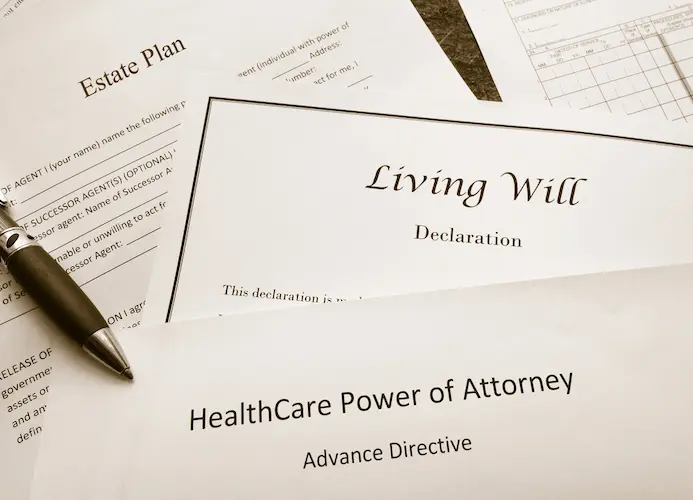“My daughter has asked me several times if we can get my advance directives and living will done, and I’m not sure why, but I keep putting it off,” Nora, age 82, said to me during one of my weekly visits. “I have a lawyer who could draw up the papers. He already did my regular will. All I have to do is call him and add this in.”
I’d been Nora’s care manager for the past year. “I know it isn’t easy to think about these things,” I said. “A lot of people dread it. But it’s been bothering you that you haven’t done it yet, and I think that once you do, you’ll feel better. You and your daughter will both have more peace of mind. Think of it as a gift you’re giving your daughter to have your clear instructions documented.”
In fact, advance planning can make things easier if the time comes when you can’t speak for yourself or handle your financial affairs. A living will, for instance, provides your instructions for health care providers as to when to use, withhold, or withdraw end-of-life medical care, such as being on a ventilator or a feeding tube.
A durable power of attorney gives someone the power to handle financial and other matters, and a durable power of attorney for health care, or health care proxy, refers to the legal designation of someone who can make medical decisions when the individual is unable to do so. Someone with durable power of attorney for health care can make treatment decisions beyond those listed in a living will. Nora’s daughter already had general power of attorney to act on her mother’s behalf for certain things, but it would end if Nora became incapacitated.
“I think I’m scared the day will come when I won’t be able to take care of myself,” Nora said. “I don’t want to end up in a nursing home.”
“You’re far from that,” I said. “Remember, there are a lot of resources out there to help seniors age at home and live as independently as possible. We haven’t even had to tap into those resources yet, other than you getting Meals on Wheels.”
Many seniors and their families find the topic of advance planning difficult to discuss, but they’re usually very relieved once they’ve gotten it done. I find that instead of focusing on why advance directives are important because of all the things that can go wrong, it’s better to reframe it as a means to ensure your wishes are respected, giving everyone greater peace of mind.
If you or someone in your family are facing aging challenges, please give us a call at 610-667-2838 or email us at CareManagement@waverlyheights.org. We’ll be happy to assist!

